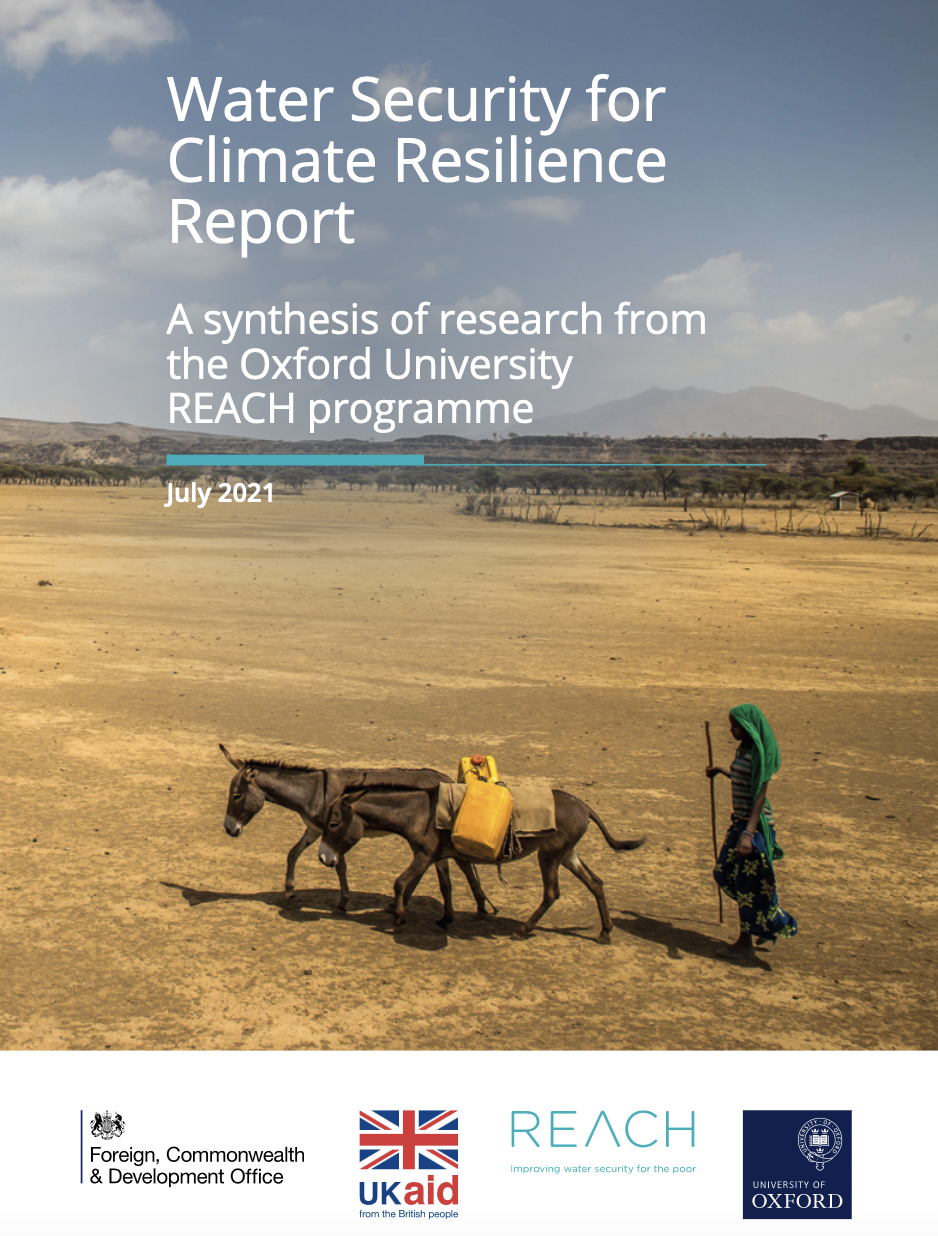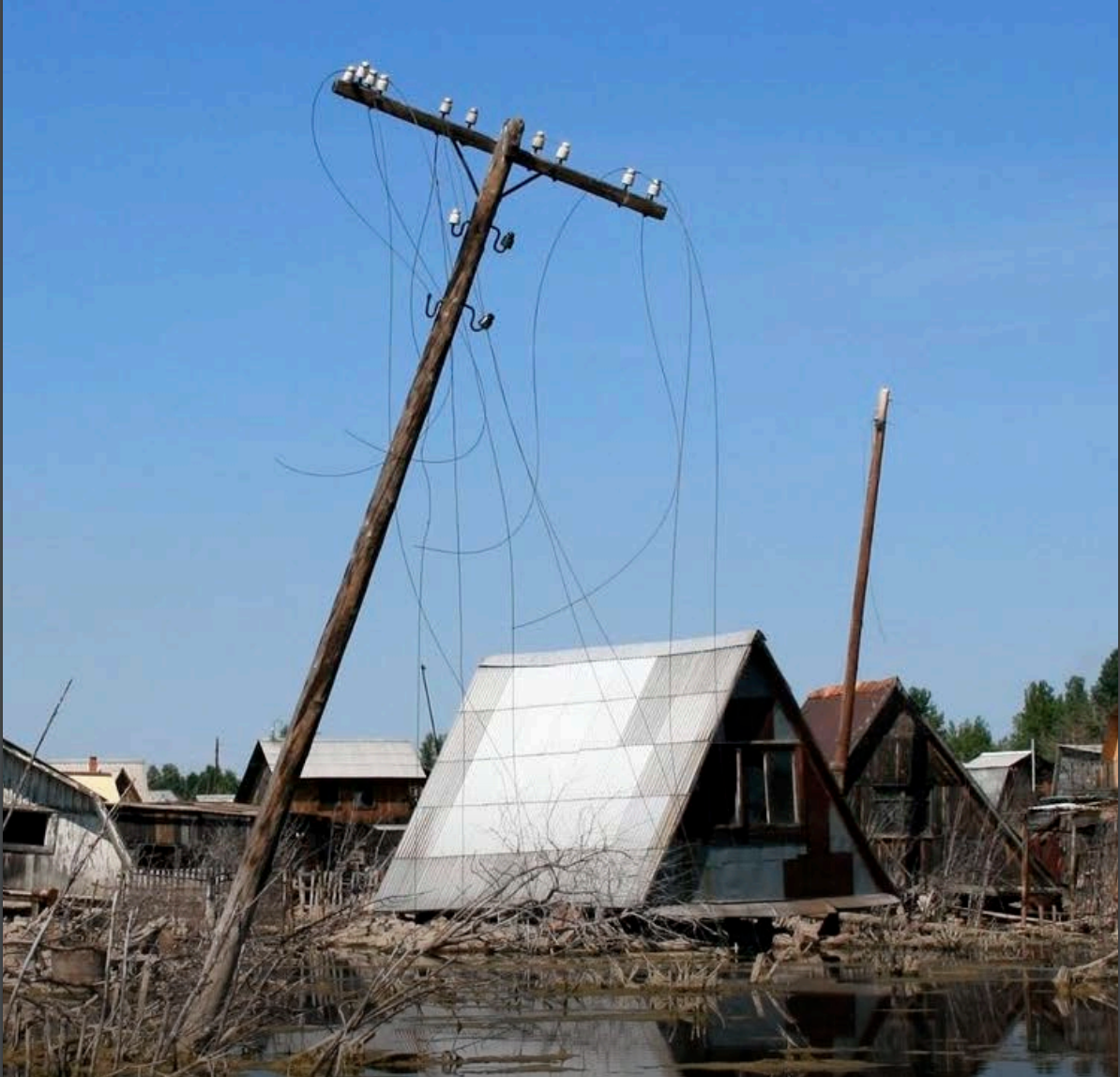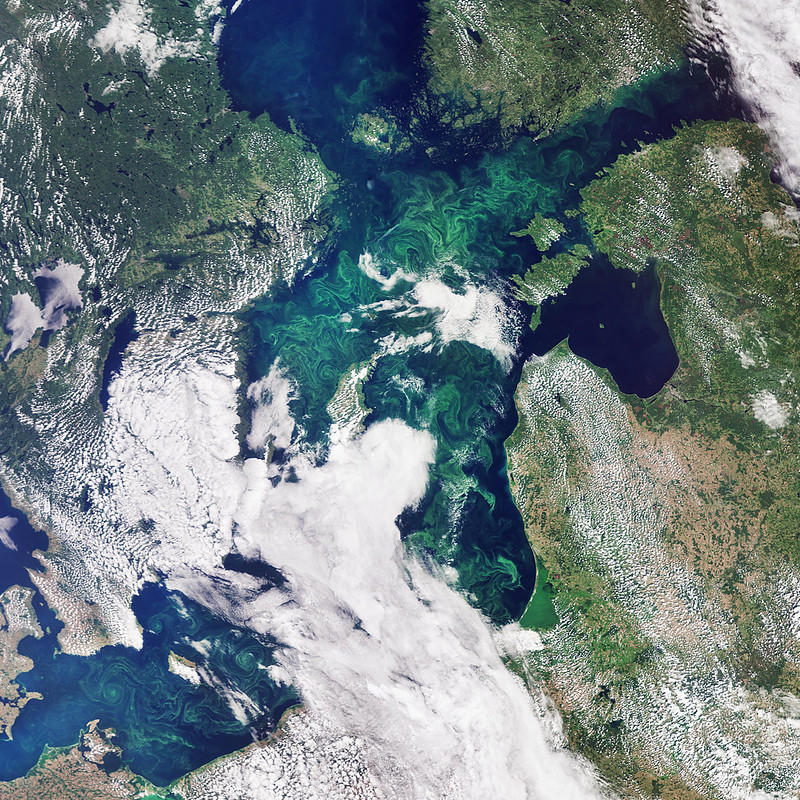managing climate risks
Developing guidance on managing transboundary climate risks in adaptation and sectoral planning
Explore how we can move from prototype to fully operational (and widely deployed) guidance on mainstreaming TCARs within policy and practice in this concept note. It sets out several key considerations for developing credible and salient guidance on TCAR risk management in support of NAPs, regional adaptation planning and other climate policy planning processes.
REACH Water Security for Climate Resilience Report
This report explores the relationship between water security, climate and climate adaptation decisions, drawing on research from the REACH Programme, conducted in Sub-Saharan Africa and South Asia.
UNEP Adaptation Gap Report 2022
Explore the 2022 UNEP Adaptation Gap report, which finds that the world must urgently increase efforts to adapt to impacts of climate change.
Launch of Adaptation Without Borders: A New Era in International Cooperation on Climate Change
This high-level event will launch a collaboration between the European Commission and Adaptation Without Borders, shine a spotlight on the implications of cross-border and cascading risks for climate diplomacy, and make the case for a new era of adaptation defined by global cooperation.
Cross-border climate vulnerabilities of the European Union to drought
This study examines the cross-border climate vulnerability of the EU by focusing on the impact of increasing drought in production locations on EU agricultural imports.
Transboundary climate risk and adaptation
This policy brief summarises the present state of knowledge on transboundary climate risks and discusses the implications for adaptation programming, policy and global governance.
Climate Change Adaptation Fundamentals
This course is designed to help professionals working across multiple disciplines to bring a climate change adaptation lens to their current and future projects. Watch the videos for a taster!
Cascading Climate Impacts – Policy Simulation
The Cascading Climate Impacts Policy Simulation encourages us to go beyond the linear process in which science is passed on to society after its production by offering a more interactive and productive arrangement between science and science users.







